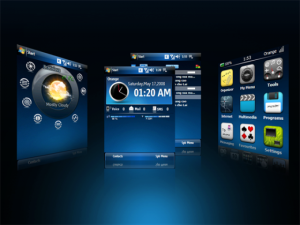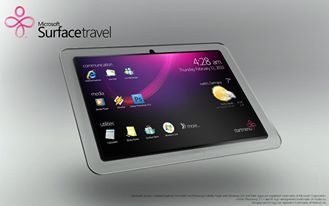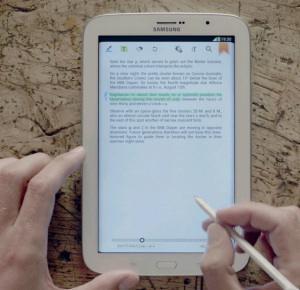 Almost every year in various kinds of year-ahead predictions about Indian internet, you can find one about mobile internet. So why would 2013 be different?
Almost every year in various kinds of year-ahead predictions about Indian internet, you can find one about mobile internet. So why would 2013 be different?
If we look at the latest Gartner Hype Cycle, mobile internet has already climbed to the ‘Slope of Enlightenment’ and been on its way to mainstream adoption in less than two years. Three years into 3G initiation, operators, platform servicers, hardware providers and content producers have finally accumulated enough users and resources to kick start the entire value chain in 2012 as shown below




